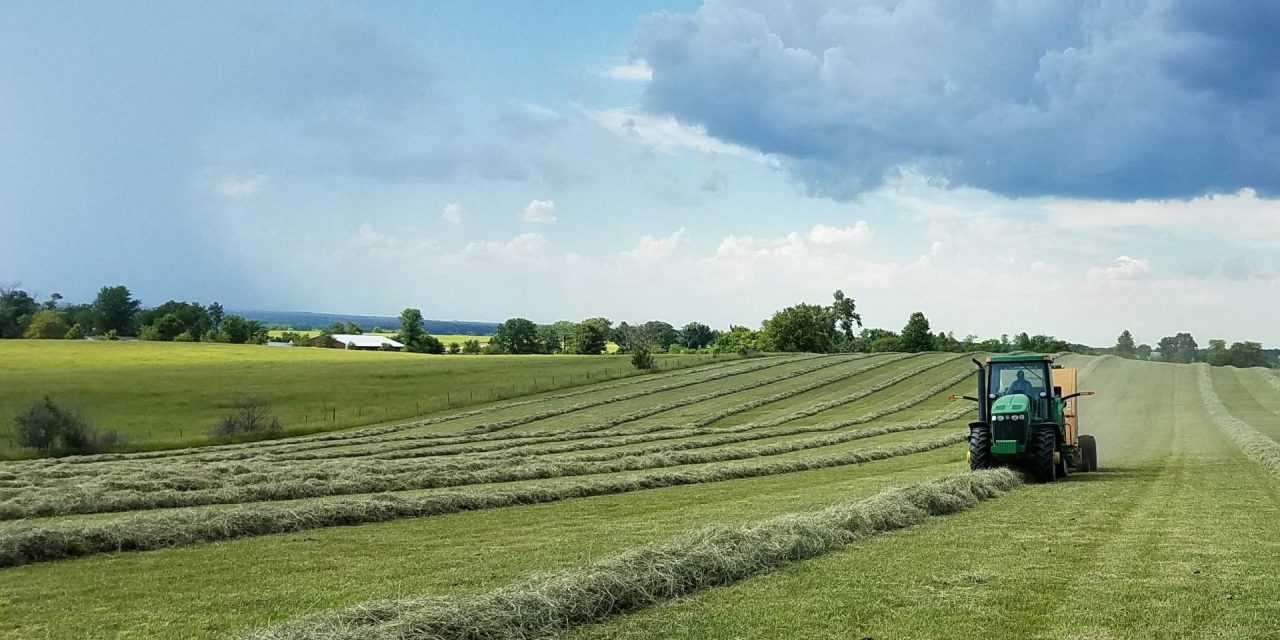After multiple days of negotiations, Congress and President Trump have approved a relief package that holds promise for those of us who live and work in rural America. While certainly not perfect (no legislation truly is), the bill addresses many areas of concern that have been highlighted as we continue to navigate the uncertainty surrounding COVID-19.
Large stimulus bills are notoriously long and full of provisions for multiple industries. It can be tough to wade through the contents of the legislation and determine what it can actually mean for you. This bill is no different, but we have done our best to outline the provisions that are most likely to impact agriculture and rural America.
From an agriculture perspective, the bill provides $14 billion to replenish USDA’s Commodity Credit Corporation (CCC). USDA has used CCC authority to fund its Market Facilitation Program over the past two years but has not yet indicated if the program will continue for a third year or if the funds will be used in other ways.
An additional $9.5 billion was provided to USDA to address issues in the livestock, dairy and specialty crop industries. At this time, it is unclear how this money will be distributed, but we are optimistic that the funds can provide needed relief to ease the burden on farmers and ranchers.
The agreement also helps guarantee continuity in the food supply chain by ensuring that enough food inspectors remain working to cover the needs of consumers. With people flocking to grocery stores and products flying off the shelves, it is important that our food supply chain remains strong so consumers never have to worry about being able to access needed nutritional items.
In addition to provisions directly related to agriculture, the bill also provides $25 million in funding for USDA’s Distance Learning and Telemedicine Program, $100 million for USDA’s ReConnect program, and $200 million to the Federal Communications Commission for rural broadband deployment. This bill will not bring broadband to your home tomorrow, but we appreciate that Congress recognizes the needs of rural Americans who are facing challenges in working and schooling from home with little to no internet access.
Our rural hospitals are struggling, and time is of the essence. This bill allows Critical Access Hospitals, and other rural facilities, to access needed funds. Unfortunately, many of our rural hospitals need more urgent relief when it comes to cash flow. We are working with partners at all levels to help find a solution. One thing is for certain: our rural communities need access to medical care, and rural hospitals are poised to provide it. It would be absolutely devastating if the strain of this pandemic caused rural hospitals to suffer.
We’ve heard from a lot of our members about the help rural America needs during this time of uncertainty. There are still many unknowns when it comes to this pandemic. Industries such as ethanol, beef, and dairy have many unanswered questions. Discussions between Missouri Farm Bureau, American Farm Bureau, elected officials and agency leaders are ongoing to address issues as they arise.
We appreciate Missouri’s Congressional delegation working to ensure that many of rural Missouri’s priorities were included in this bill. Missouri Farm Bureau stands ready to assist USDA and others as they begin to implement these programs.


